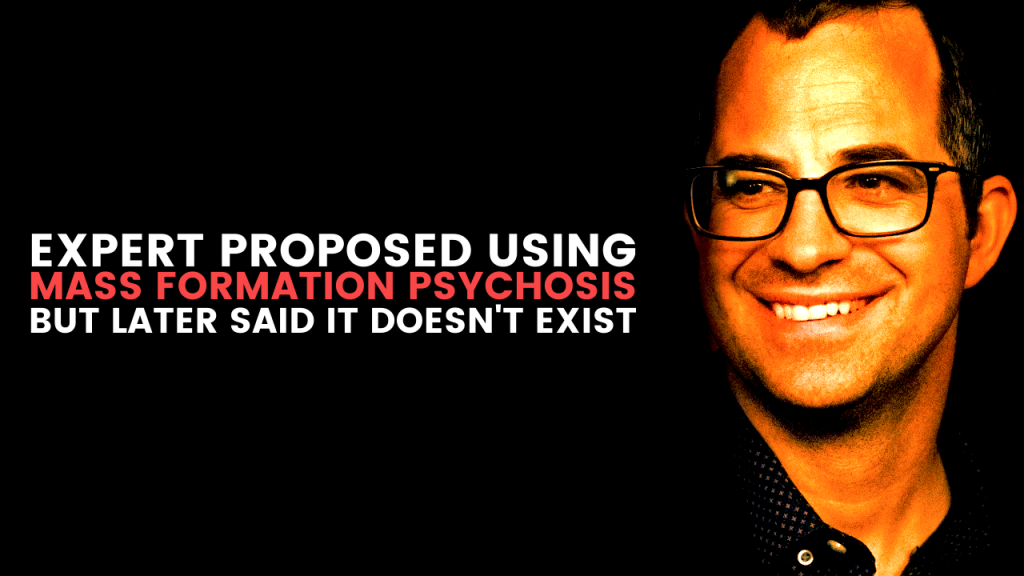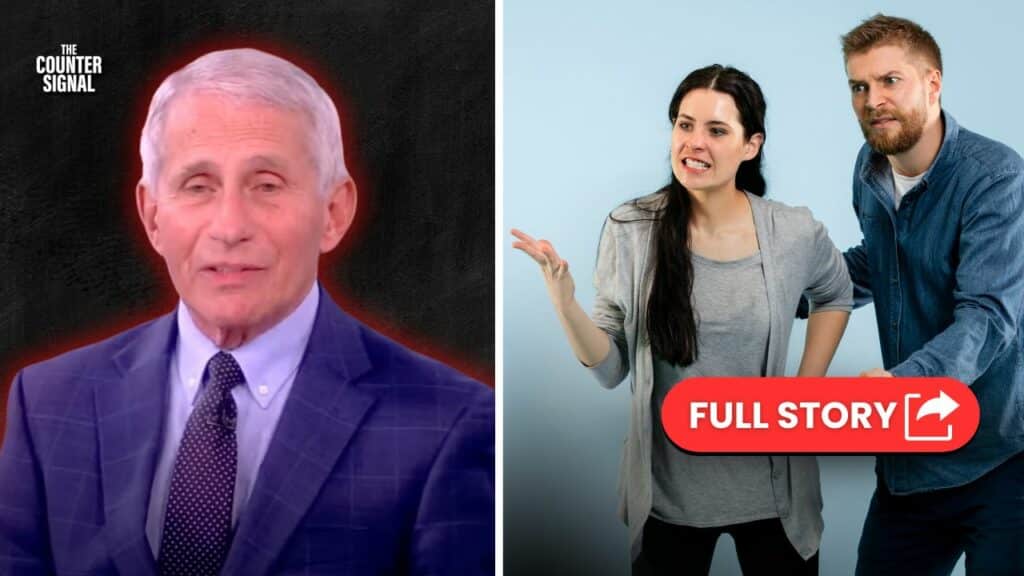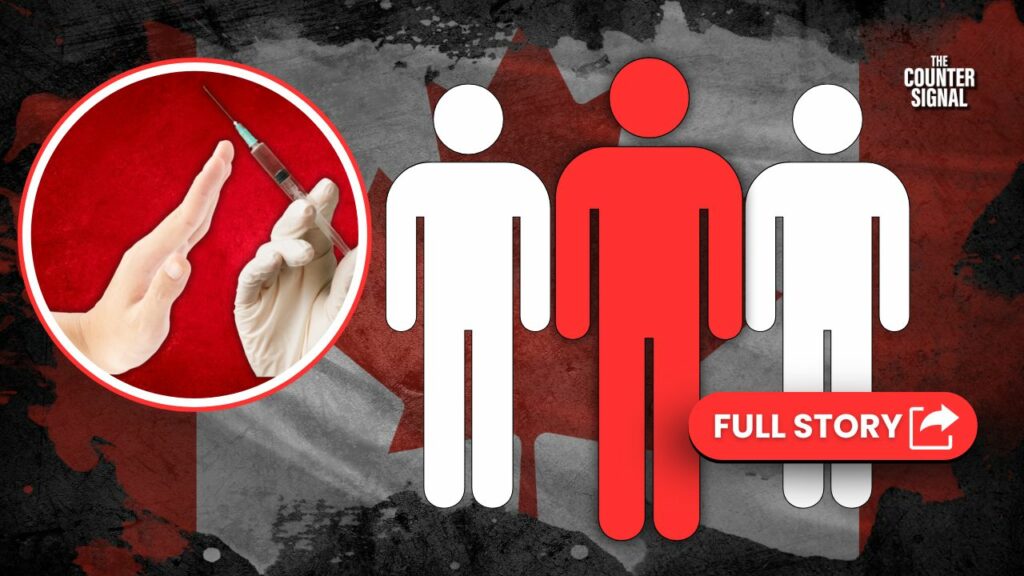
One of the experts consulted by Reuters to debunk the existence of “mass formation psychosis,” as previously detailed by The Counter Signal, has been exposed as an author of a scientific whitepaper advising the use of behavioural science to support the establishment’s response to the pandemic.
As detailed in the Reuters article, Jay Van Bavel, associate professor of psychology and neural science at New York University, claims that the term “mass formation psychosis,” which was popularized by Robert Malone on the Joe Rogan Experience podcast, “doesn’t exist as a real academic concept.”
“I’ve been studying group identity and collective behaviour for nearly two decades and just published a book on the topic and not once have I come across this term,” said Van Bavel, who was also quoted in the Associated Press’ own fact check on the term.
In the AP article, the NYU professor, who recently co-authored a book on group identities, claimed that “[t]o my knowledge, there’s no evidence whatsoever for this concept.”
In response to the largely negative reception towards the Associated Press article, Van Bavel took to Twitter to mock those criticizing the mainstream media outlets and their dismissal of the concept.
“If you want to see how people respond to a fact check over something that is seemingly trivial (e.g. about the pseudoscientific term ‘mass formation psychosis’) read the thousands of comments on this AP Fact Check,” he wrote. “There is a massive collective effort to bolster false beliefs.”
As revealed by conservative commentator and Human Events Daily host Jack Posobiec, Van Bavel is the co-author of a 2020 scientific whitepaper in Nature Human Behavior titled “Using social and behavioural science to support COVID-19 pandemic response.”
A play in 3 acts pic.twitter.com/wohHXCzqoA
— Jack Posobiec 🍊 (@JackPosobiec) January 10, 2022
The abstract reads as follows:
The COVID-19 pandemic represents a massive global health crisis. Because the crisis requires large-scale behaviour change and places significant psychological burdens on individuals, insights from the social and behavioural sciences can be used to help align human behavior with the recommendations of epidemiologists and public health experts. Here we discuss evidence from a selection of research topics relevant to pandemics, including work on navigating threats, social and cultural influences on behaviour, science communication, moral decision-making, leadership, and stress and coping. In each section, we note the nature and quality of prior research, including uncertainty and unsettled issues. We identify several insights for effective response to the COVID-19 pandemic, and also highlight important gaps researchers should move quickly to fill in the coming weeks and months.
Van Bavel described his work on the paper in a “behind the paper” Nature post where he explained how dozens of social and behavioural scientists came together to share relevant research to understand and address the pandemic and devise ways for authorities to put together a response that would be embraced by the public — or in other words, to effectively use mass communication to manipulate the public for a desirable outcome.
Their goals may be lofty, but that doesn’t make the manipulation any less real.











